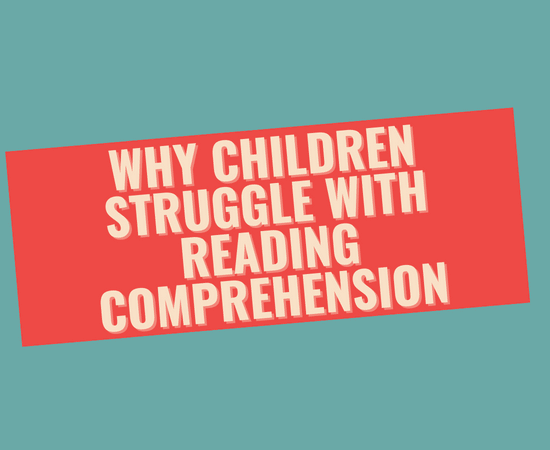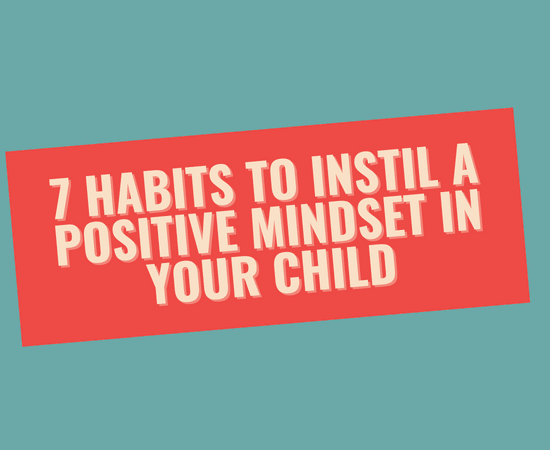Importance of Children’s Books in Early Childhood Education
The benefits and importance of children’s books have always been discussed with us in school and at home, ever since when we were young. But, have you ever wondered, what is it really that makes children’s books so important and relevant in the lives of our children? How does it affect the children and how does it contribute to early childhood education?
Often referred to as the windows of the soul, books have a special way of opening up the world- its culture, history and people, to the children’s young minds. Through books, the realities of the world come to life in the minds of the children. It is believed that children who are exposed to reading early on in life, have a better chance of doing good in school. Moreover, a study in 2021 on the readiness of students who are just starting pre k found that only 50% of the in-coming pre-k students were not “school ready” by the time they started school. In fact, teaching professionals would later suggest that the “limited school readiness of some students has an impact on the whole classroom, and those who are less school ready can struggle to catch up”.
The impact and influence of children’s books on children go far beyond their early childhood years. A good educational foundation starts at home, even before the child starts school. The habit of reading and the eagerness to learn is something that could be developed by establishing a reading habit among the young ones through books that are relevant, relatable, and interesting to the kids.
“It appears likely that children who find reading difficult because of uninteresting materials would become more involved in personalised stories because of their personal relevance” (Bracken, 1982). This suggests that sometimes, children are less engaged in reading because of the reading materials that they don’t find appealing or interesting. A study by the National Literacy Trust suggests that “personalisation has also been shown to improve older children’s reading comprehension”. When the elements in the books are personalised for the child reading them, they become more engaged and would give more attention to these kinds of books.
Importance of Children’s Books in Emotional Development
The same study by the National Literacy Trust found that “a supportive home learning environment, including reading to or with a child, helps young children to develop positive attitudes towards reading and encourages reading for enjoyment, which in turn improves vocabulary, comprehension and reading proficiency.” This suggests that external factors such as the home environment affect the child’s learning engagement. Also stated in the same study, “parental support in the form of early, shared reading for enjoyment is associated with greater frequency of reading for enjoyment in older children”.
The beauty in shared reading is that it engages the child into the books deep enough that they’ll be looking forward to it the next time around. Moreover, frequent reading with the child also enhances your emotional relationship, children look forward to storytime because of how it feels rather than of what they read. Through books, healthy communication is fostered, and through shared reading, you’ll be able to establish values, principles, and character at a young age. Constant shared reading also develops the child’s trust in the parent. When trust is established early on in life, the children are able to communicate more openly with their parents when they grow up. As an effect, building mutual trust at a young age help makes happier teenagers and adults.
A book is essential in early child development. It’s more than just children’s book, the benefits that the child get from the books go far beyond reading. It’s important for every parent to understand the developmental, emotional, and psychological effects that books have on children. When the parent or carer is fully convinced of these benefits and importance, they’ll be able to take the necessary steps to get the child into the habit of reading!




